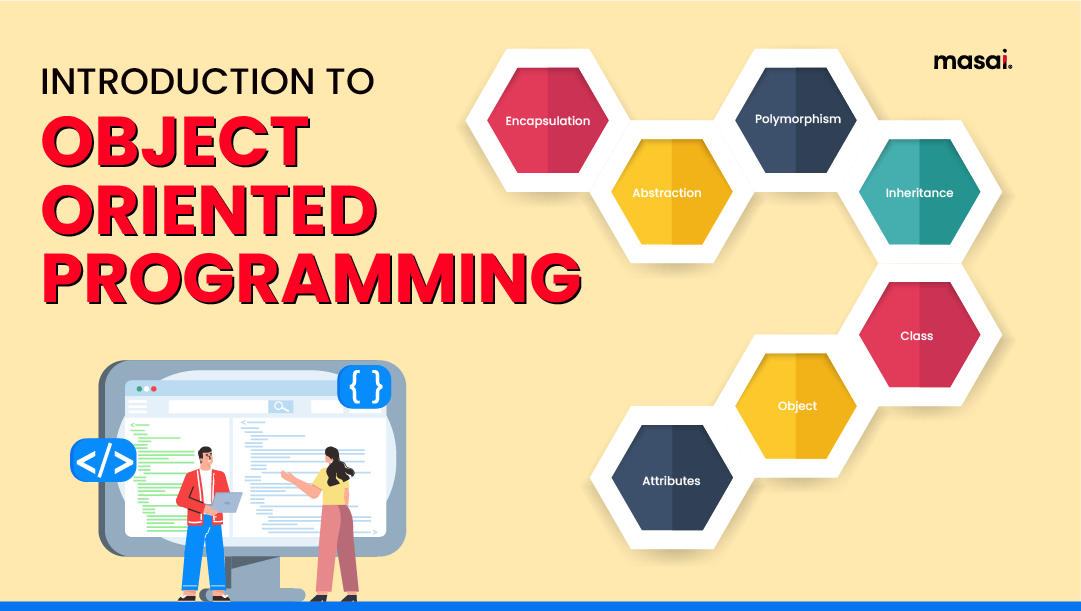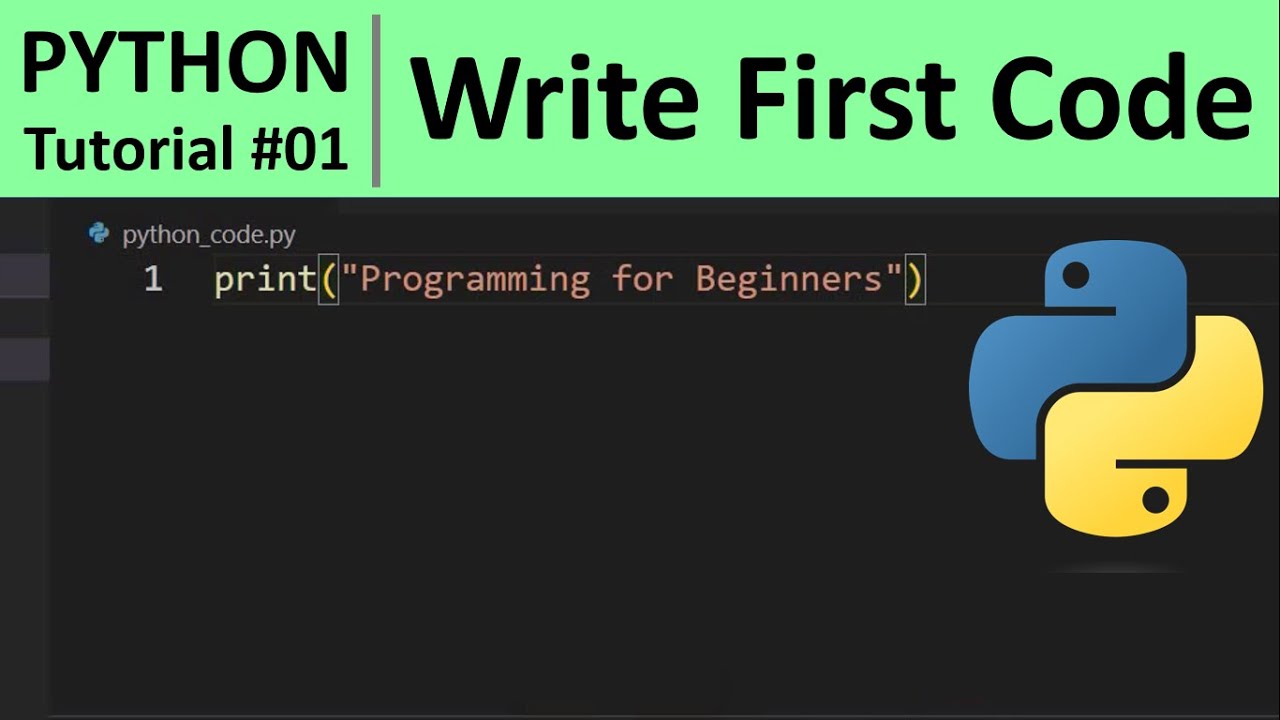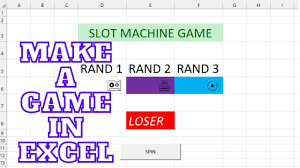- Classes and Objects: A class is a blueprint for creating objects, which are a specific instance of a class. Classes define attributes and methods that an object can have.
1 class Car {
2 public:
3 int speed;
4 void setSpeed(int s) {
5 speed = s;
6 }
7};
8
9int main() {
10 Car carObj;
11 carObj.setSpeed(100);
12 cout << carObj.speed << endl;
13 return 0;
14}- Constructors and Destructors: Constructors are special methods that are executed when an object is created. Destructors are methods that are executed when an object is destroyed.
1 class Car {
2 public:
3 Car() { // default constructor
4 cout << "Car object created" << endl;
5 }
6
7 ~Car() { // destructor
8 cout << "Car object destroyed" << endl;
9 }
10};
11
12int main() {
13 Car carObj;
14 return 0;
15}- Access Specifiers: Access specifiers control the accessibility of class members from outside the class.
publicmembers can be accessed anywhere,privatemembers can only be accessed within the class, andprotectedmembers can be accessed within the class and its derived classes.
1 class Car {
2 public:
3 int speed;
4 void setSpeed(int s) {
5 speed = s;
6 }
7
8 private:
9 int gear;
10
11 protected:
12 void setGear(int g) {
13 gear = g;
14 }
15};- Inheritance: Inheritance allows one class to inherit attributes and methods from another class. It supports the concept of hierarchical classification.
1class Vehicle {
2 public:
3 void startEngine() {
4 cout << "Engine started" << endl;
5 }
6};
7
8class Car : public Vehicle {
9 public:
10 void setSpeed(int s) {
11 speed = s;
12 cout << "Speed set to " << speed << endl;
13 }
14
15 private:
16 int speed;
17};
18
19int main() {
20 Car carObj;
21 carObj.startEngine();
22 carObj.setSpeed(100);
23 return 0;
24 }- Polymorphism: Polymorphism allows methods to be used with different types of arguments. In C++, we can achieve this using function overloading and operator overloading.
1 class Animal {
2 public:
3 void makeSound() {
4 cout << "The animal makes a sound" << endl;
5 }
6};
7
8class Dog : public Animal {
9 public:
10 void makeSound() {
11 cout << "The dog barks" << endl;
12 }
13};
14
15 int main() {
16 Animal *animal = new Animal();
17 Animal *dog = new Dog();
18
19 animal->makeSound(); // The animal makes a sound
20 dog->makeSound(); // The dog barks
21
22 return 0;
23}By studying these concepts, you will gain a strong foundation in object-oriented programming in C++.
About Author
Discover more from SURFCLOUD TECHNOLOGY
Subscribe to get the latest posts sent to your email.




